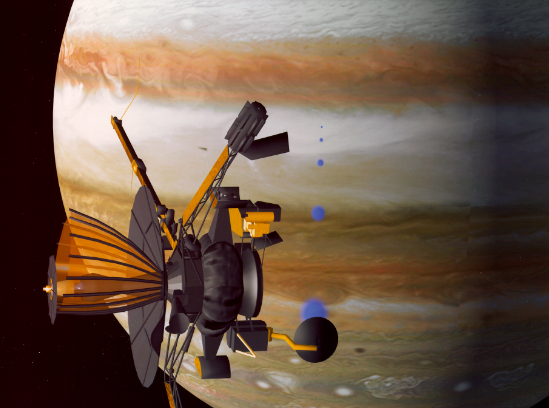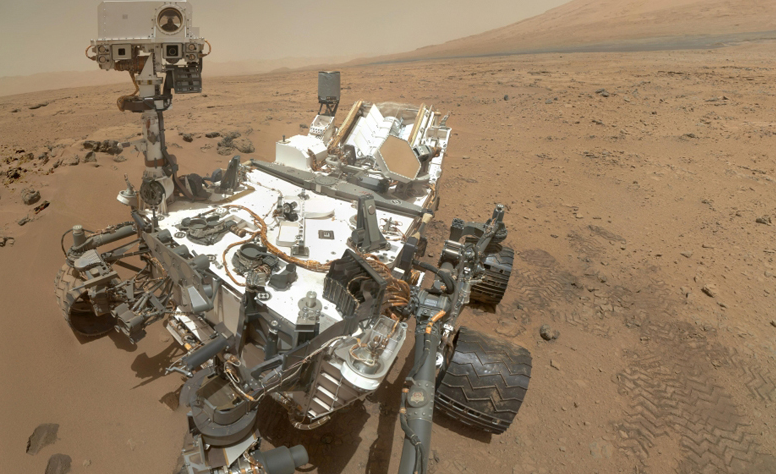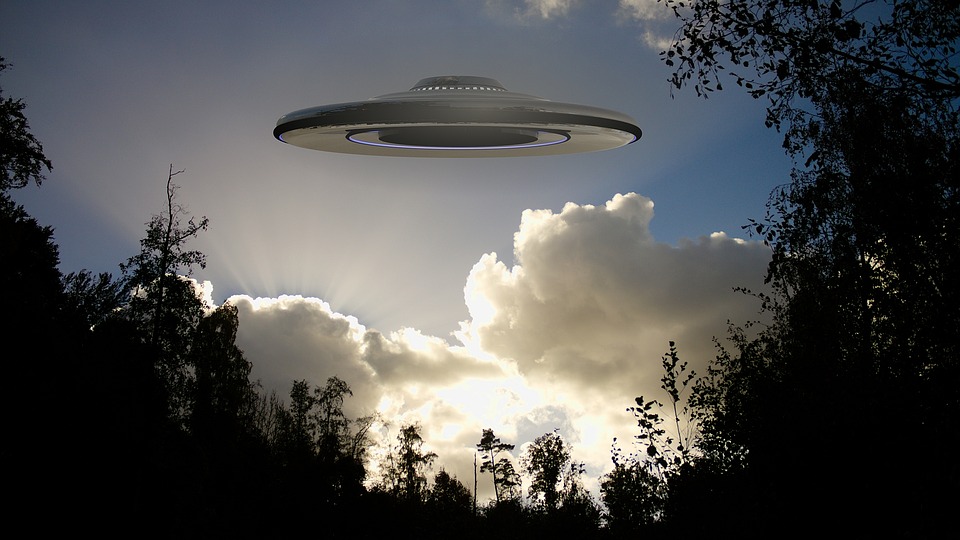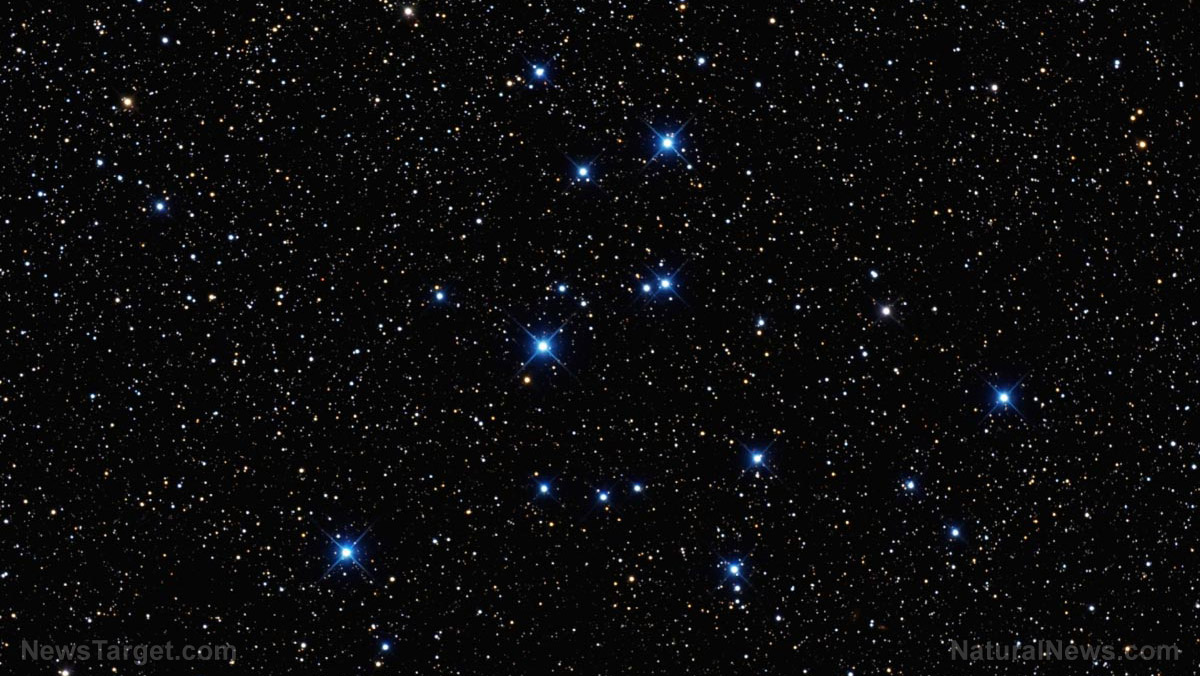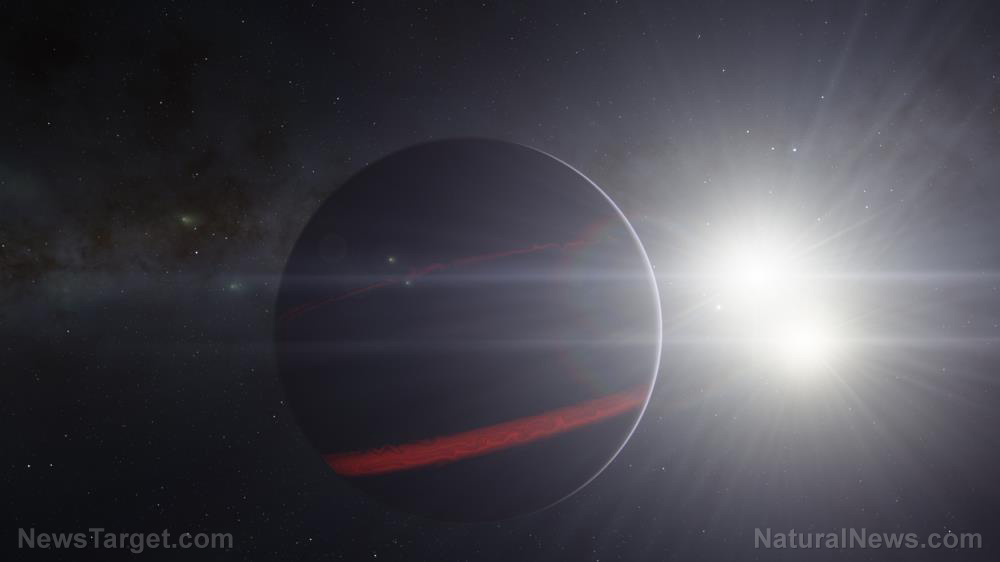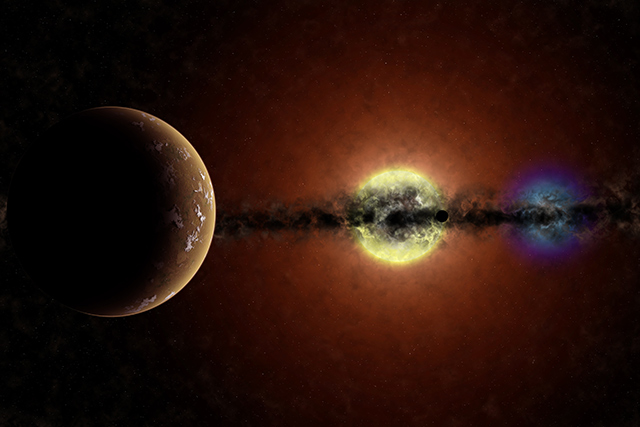
A strange, dimming star may not be alone after a scientist discovered more stars that are possibly displaying unusual light fluctuations.
Some of the stars are dimming rapidly while some are dimming at slower rates, which is similar to Boyajian’s star -- a star that dips in brightness for days or weeks at a to,e before regaining its previous luminosity. Discovered in 2015, this behavior is unusual for a star that is slightly larger than the Sun.
While the cause of the dimming is still unclear, Edward Schmidt of the University of Nebraska-Lincoln said that there may be nearly two dozen counterparts to Boyajian’s. He published his findings in the Astrophysical Journal Letters.
More stars are mysteriously dimming
Schmidt searched for stars similar to Boyajian’s through software that detected unusual dimming events from about 14 million space objects. These objects were drawn from the Northern Sky Variable Survey from April 1999 to March 2000.
Then, Schmidt sifted through a crop of promising candidates by examining their long-term behavior using information from the All-Sky Automated Survey for Supernovae. This way, he was able to rule out stars whose dimming is explained by conventional mechanisms such as an intrinsic variability in brightness and an eclipsing companion star.
Results show that 21 stars displayed unusual dimming behavior. Schmidt categorized them into two distinct classes: 15 “slow dippers” that dimmed at rates similar to Boyajian’s and six “rapid dippers” that exhibited more extreme rates of light fluctuations.
“The thing that surprised me the most were these stars that had so many dips, the ones I called ‘rapid dippers.’ I expected more occasional dips like Boyajian’s star,” said Schmidt.
After further analyzing data from the European Space Agency’s Gaia space observatory, Schmidt discovered that the potential dippers tended to be either conventional main-sequence stars with about the same mass as the Sun or red giant stars that are twice bigger than the Sun. These stars are classified based on the stellar life cycle.
A main-sequence star is powered by the fusion of hydrogen into helium, which occurs during the majority of a star’s lifetime. When a low- or medium-size star enters the later stages of its life, it runs out of hydrogen and now burns up helium, transforming into a red giant.
The slow and rapid dippers are seen in both types of stars. Thus, Schmidt suspected that the light fluctuations are caused by the same mechanism which occurs in varying degrees depending on the type of the star. However, it’s still unclear what that mechanism is.
Scientists previously raised the possibility that Boyajian’s dimming is caused by intelligent extraterrestrial life. According to this hypothesis, a megastructure called Dyson sphere was built around the star to capture as much light as possible and support an advanced civilization. (Related: Has the second “alien megastructure” been found?)
Other scientists, however, favor a more mundane explanation where the dimming is caused by an occluding cloud of dust or fragments of a comet.
Schmidt plans to further study the dimming stars, especially the rapid dippers. He is interested in what happened to these stars in the past, which may provide insights into the mechanisms behind the light fluctuations.
“One thing I noticed about them is that at least one seemed to be slowing way down in its dipping rate over the five years of coverage we have of it.”
He added that finding more analogs of Boyajian’s is important to unravel the mystery behind the unusual dimming. He noted that the Northern Sky Variable Survey did not contain records of Boyajian’s darkening during the year the data was recorded in the catalog. This illustrates that astronomers may overlook stars that display unusual dimming if they only look at catalogs that monitor stars across a short period of time.
Schmidt recommended further research that will comb through more catalogs of stellar activity.
Cosmic.news has more on stars exhibiting strange behavior recently.
Sources include:
Please contact us for more information.
















